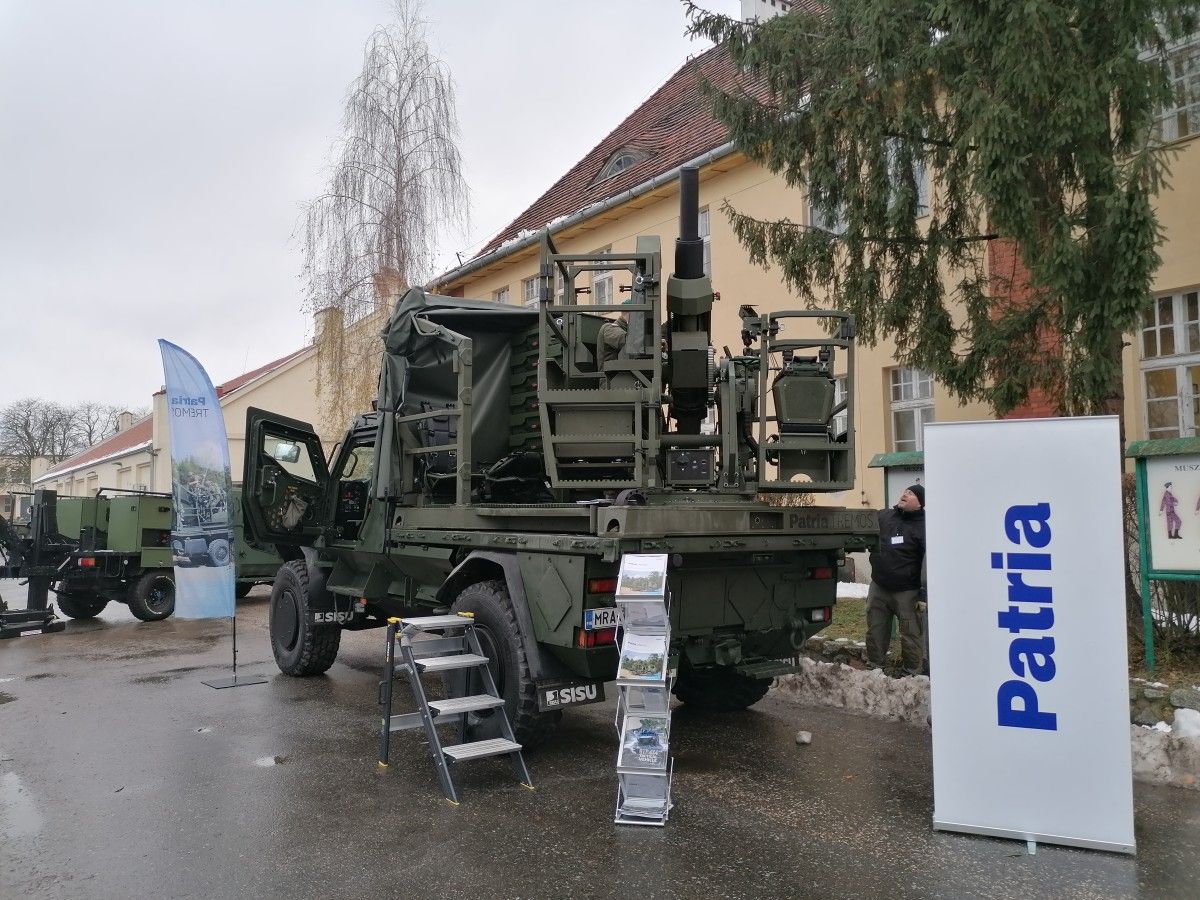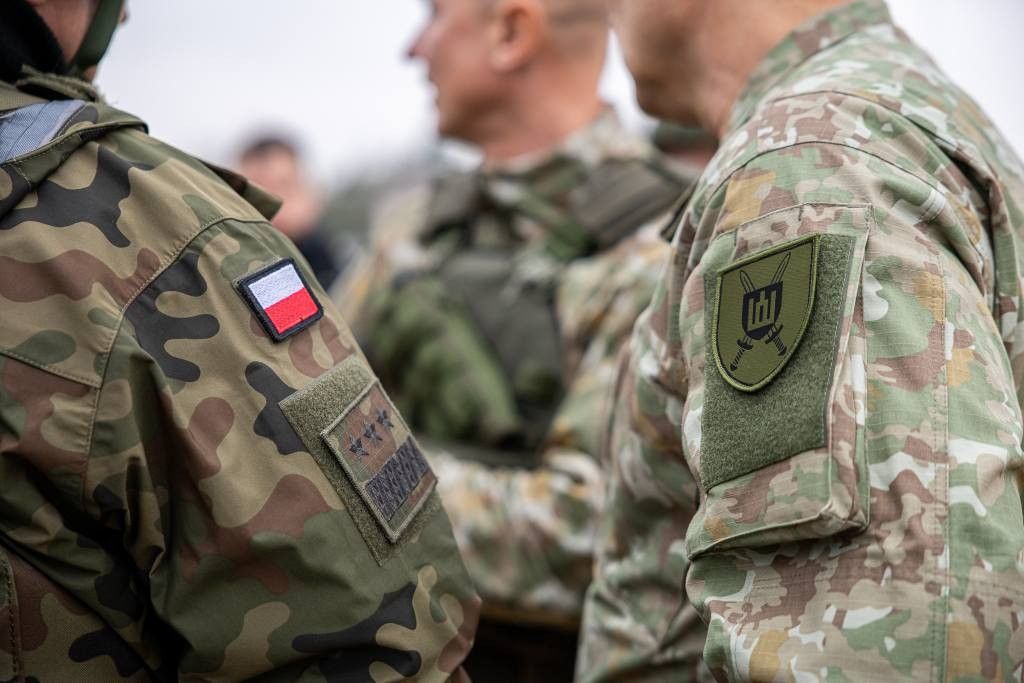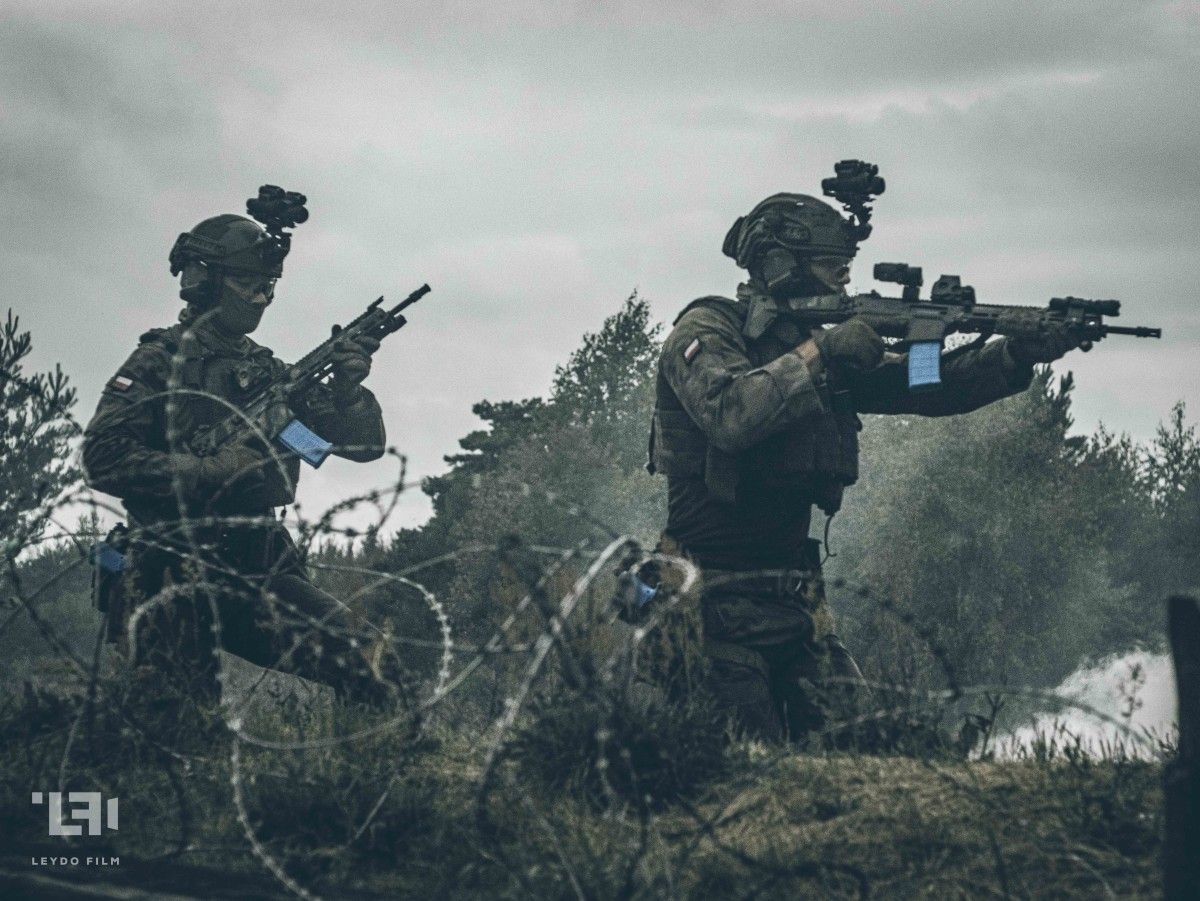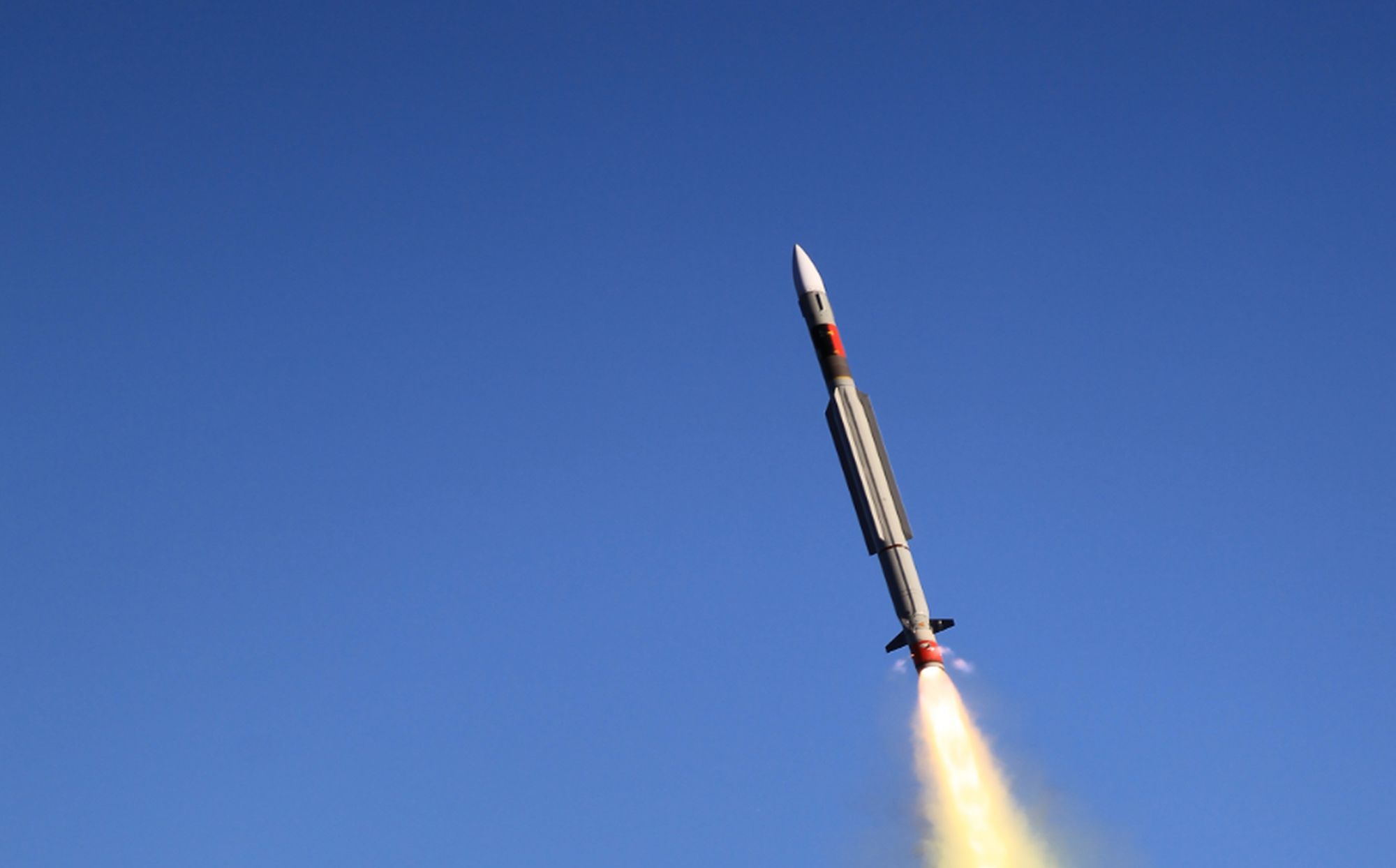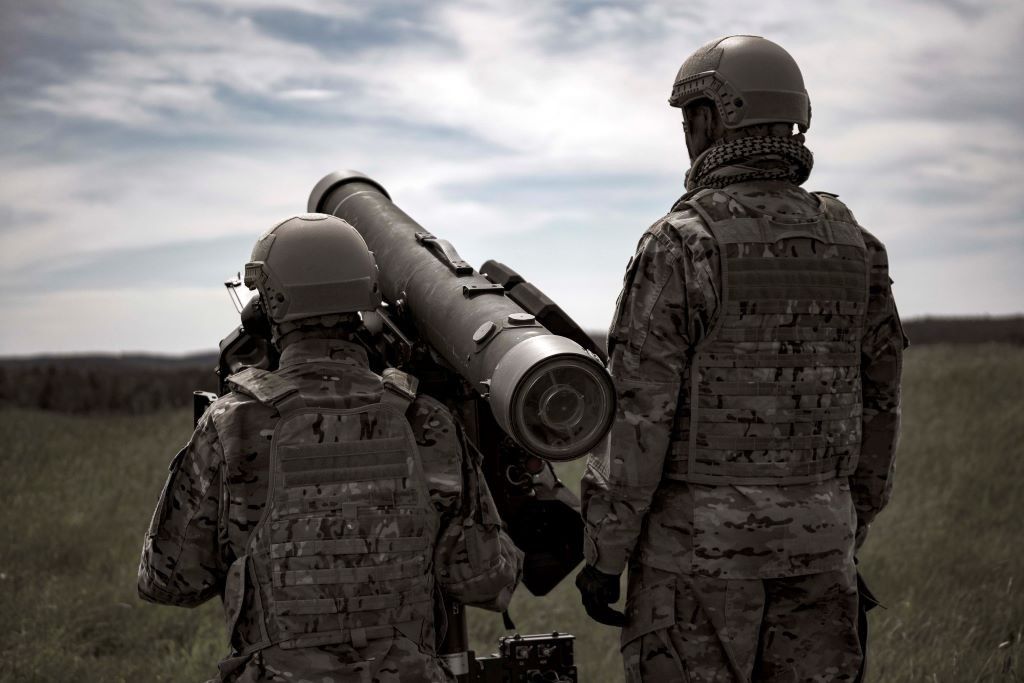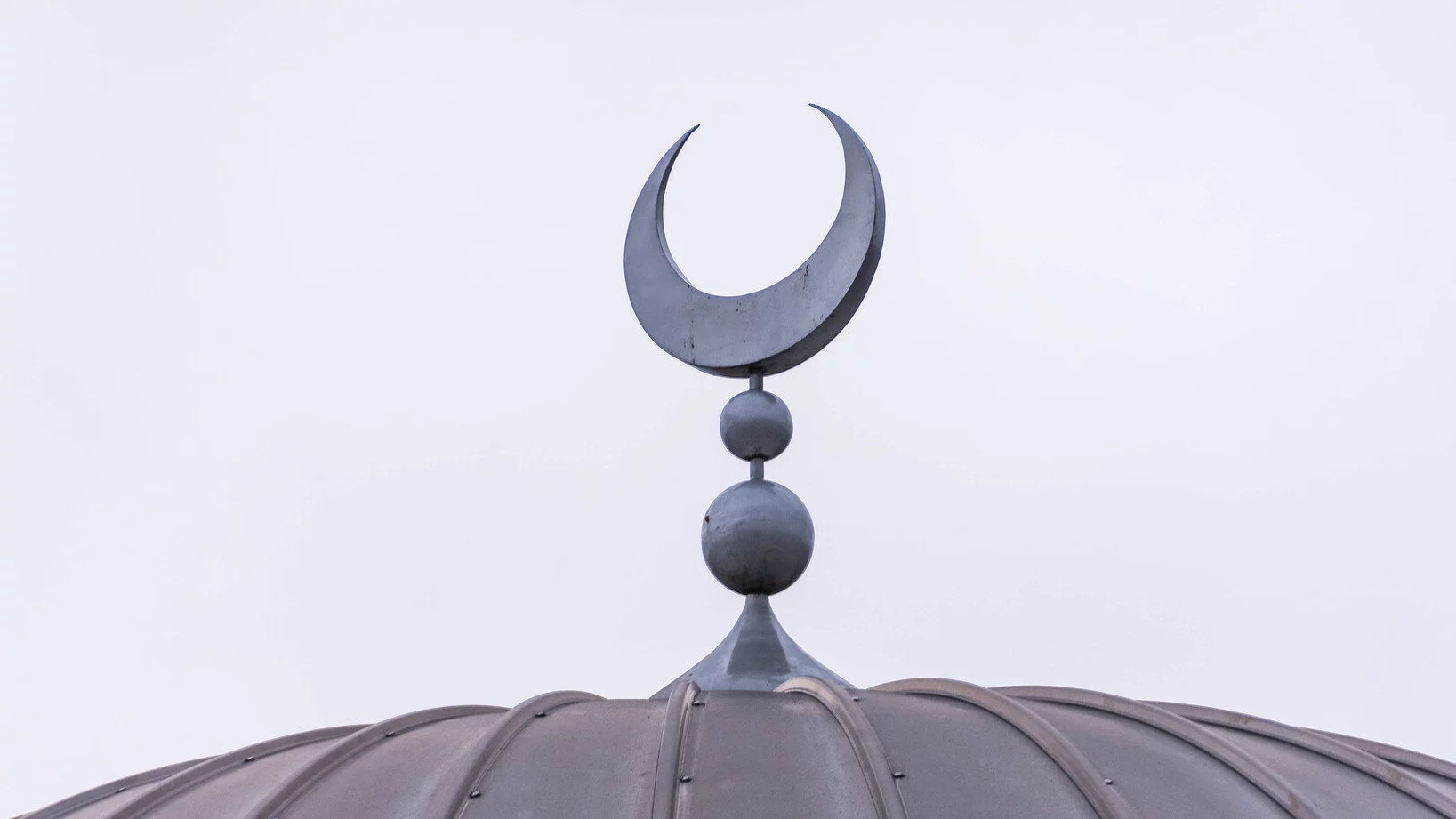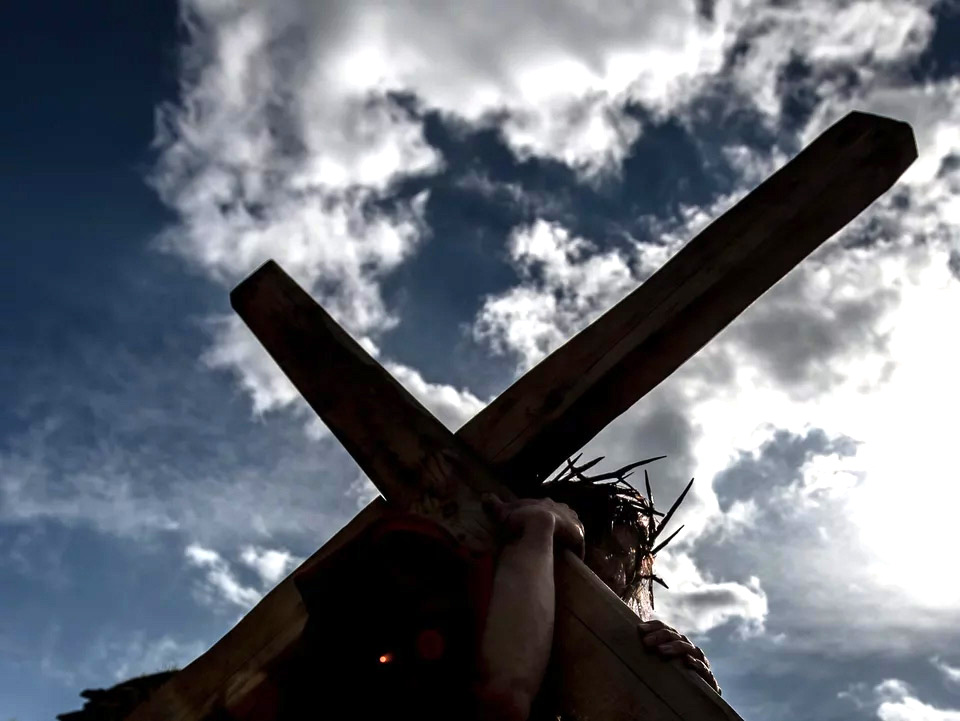A dozen-member squad of swordsmen from the Academy of War Art took part in a nearly two-week national staff camp of juniors and cadets (up to 20 years) in the male and female sabre. Military dorm training with the best young generation players in the country is no coincidence. 2 members of the ASZWOJ squad are members of the national team!
In 2018 at the Academy of War Art in Warsaw, the section of fencing of the University Club of the Academic Sports Union has been of large interest to students and listeners of this military university. According to Colonel Radosław Natora, the head of the Academic Sports Centre, 180 players and players passed through the section during the 7 years of their existence, and all year more than a 100 young athletes search admission to the staff, which has respective people.
– To choice from specified a number of curious ones, we usage a four-stage selection process – explains Colonel Nator. Its first phase is simply a qualifying conversation, the second intellectual test, and the 3rd verification of historical knowledge. – This may surprise someone, but a player in our section cannot become individual without appropriate cognition of the past of our country. It is simply a question of the values that we represent – emphasizes Dr. Tomasz Zańczyło, a veteran of the Polish military sword, and adds that the last phase of qualification is fitness tests. – What we pay peculiar attention to during them is coordination. Shermierka is simply a very demanding sport, powerfully engaging the full body, at the same time demanding strategical planning – says Dr. Końdło.
The advantages of fencing for military students and listeners are besides pointed out by the Rector-Commander of AszWoj, Gen. in St. Mieczysław Gocul, who visited the dormitories at the group in Żnin, where they trained together with the Polish junior staff in the sabre of women and men. – athletics is of large importance to students and listeners of our university due to the fact that it allows to form and make the attitudes and qualities we expect. Therefore, we focus on squad games due to the fact that they are developing work in the team; therefore, we value fencing due to the fact that it requires planning, strategy, idea, velocity of consequence – commented the general.
General Mieczysław Gocuł and Section Coach
The Rector of ASZWoj stressed that even though the fencing section has been operating at the university for only a fewer years, it already has immense achievements on the global stage. For 3 years the women's section has been undefeated in prestigious competitions of students from around the world, organized by École Polytechnique in Paris.
Currently, KU AZS AszWoj has a bronze medal individually in the sabre of women, won at the Academic Polish Championships in Warsaw, and bronze teamly youths in the sabre of men, won in 2024. The club's most crucial accomplishment is to win a gold disc in the category of socio-natural universities at the Academic Polish Championships in Warsaw in 2025.
The possible of military dormitories is besides seen by the national staff of juniors and cadets. 2 competitors of the university squad – Patrycja Laskowska and Franciszek Zabłocki – were qualified by the Polish Chamber Association to the national team.
General Mieczysław Gocuł with national squad coaching staff
The fact that academics can fight as well as the best swordsmen in Poland proved the squad competitions organized at the end of the group of staff held in Żnin. In the category of men, the first place and founded by the Rector-Chief of ASZWoj-u shables was won by the squad of the first representation of the Polish juniors in the line-up: Aleksander Denkiewicz (UKS Szabla Ząbki), Krzysztof Węch (UKS Szabla Ząbki) and Filip Radoch (KKSz Konin), defeating the second representation of Poland juniors in the final fight in the line-up: Konstanty Makowski (Zabla Grodzisk), Aleksander Makowski (Zabla Grodzisk) and Bruno Szpak (Shabla Ząbki). The men's squad of Ku AZS ASzwoj Warszawa consisting of: Franciszek Zabłocki, Artiom Siemonian and Norbert Mikołajczuk won seventh place (for 16 teams starting).
In the women's squad category, the academic squad in the lineup: Patrycja Laskowska, Weronika Chalimoniuk and Maja Pawłowski took eighth place. The best were the players of the squad of the first Polish squad in the line-up: Karolina Hoffman (TMS Sosnowiec), Gabriela Wójcik (ZKS Sosnowiec) and Maja Koneck (ŚW AZS Poznań), who defeated the squad of the second Polish squad in the line-up: Lidia Tabędzka (Grodziski Klub Szermierzyczy), Amelia Siwek (TMS Sosnowiec) and Marta Nowak (ŚW AZS Poznań).

